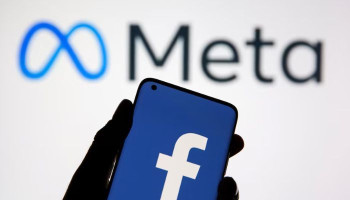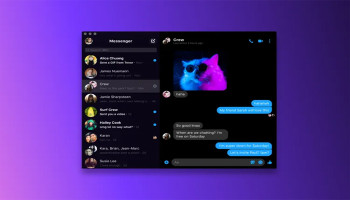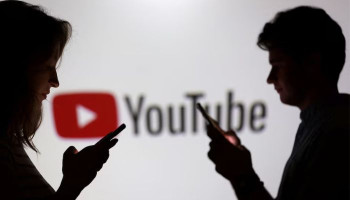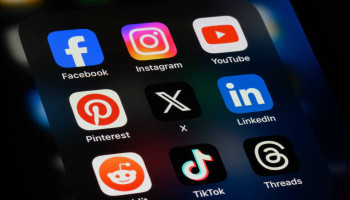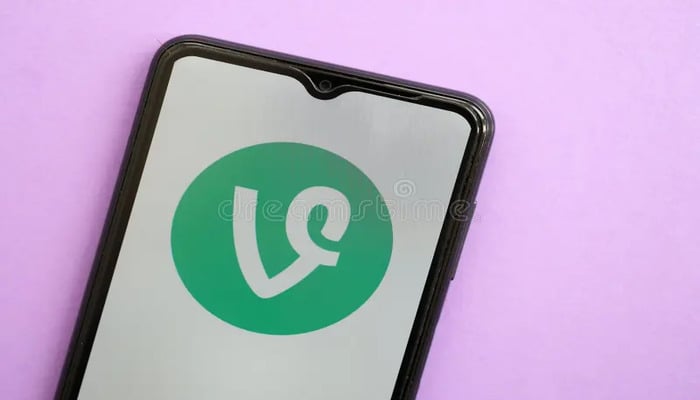
An undated image. — Dreamstime
Vine, the dead, long-forgotten social media app, has been revived and rebranded as “diVine,” courtesy of Jack Dorsey, for bringing a six-second video platform back to life.
The twist is that the deVine app is reborn with a strict anti-AI policy, designed to gatekeep and prohibit content made with generative AI.
The initiative, led by Evan Henshaw Plath, is aimed at recapturing the nostalgic essence of Vine while pushing back against the prevalence of synthetic media online.
deVine comes with over 100,000 archived Vine videos restored from pre-shutdown backups, and is allowing original creators to reclaim their accounts.
The platform is being operated through open and decentralised principles, enabling users to select their service providers rather than being restricted to a single system.
The strict no-AI policy is a result of the overwhelming number of low-effort, machine-generated clips that leave less room for genuine creativity, with diVine planning to surveil uploads using device provenance checks and verification tools to ensure content authenticity.
This approach has reportedly been undertaken to protect the social value of human expression.
Unlike platforms such as TikTok or YouTube Shorts, diVine's focus is on fostering a community centred around authentic content, with the aim of creating a space where creators can share their work without the interference of AI-generated noise.
In light of a continuously evolving social media landscape, diVine seems ready to fill a gap left by larger platforms that increasingly rely on AI.





